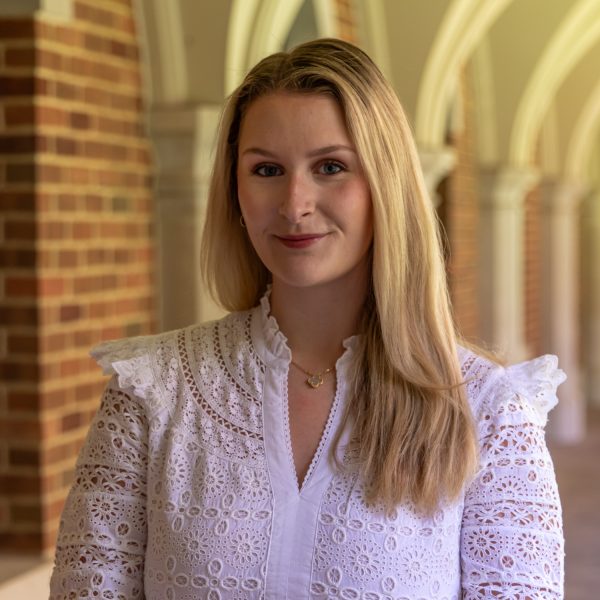Required summer reading is often a chore that I despise. I much prefer reading at my own leisure and reading books that my school would likely not assign (like sappy romance). However, Kevin Wilson’s coming-of-age novel “Now Is Not the Time to Panic” is a refreshing choice for Vanderbilt’s required summer reading that I would willingly read for pleasure.
Published in 2022, this realistic fiction novel is a nice break from the stereotypical summer reading pick, which is typically is a classic written way before I was born. The story follows 16-year-old Frankie Budge, an aspiring writer who wants a cure for her boredom during another summer in her small hometown. During the lackluster early days of summer, she meets Zeke — the new kid in town. Like Frankie, Zeke wants to make a difference with his art. Zeke enjoys constructing new worlds with illustrations, and Frankie spends time crafting alternate realities with words. They haphazardly combine their talents to create a worldwide phenomenon, with the two awkward loners becoming anonymous art legends. Their art’s enigmatic phrase, eerie illustrations and mysterious anonymity led it to become an obsession for people around the world. Printing a few flyers on a basement copy machine turned a boring, hot summer into the most life-altering one ever.
After reading, I found the book inspirational, endearing and reflective. Wilson could’ve turned the story into two awkward teens falling in love for the first time, but instead, Frankie and Zeke did something so much more powerful than fall in love. Yeah, they shared a few kisses, but more importantly, they built a friendship based on a passion that changed the world. I was glad they didn’t fall in love; that would’ve been too easy — too predictable. The story was unlike anything I have ever read before, and it made me want to enact change. It made me want to get off the beach (my reading location) and cure cancer or reverse climate change or something equally magnanimous. It was powerful.
My sole critique of the novel is that the ending felt a little abrupt. Without spoiling it, the ending wasn’t satisfying enough, but sometimes life doesn’t have a satisfying ending. It was probably intentional that the plot didn’t resolve with a nice bow but instead ended how some stories shake out in life — with loose ends.
As a summer reading pick, I think it was a great way to introduce new Vanderbilt students to the type of environment that the university’s campus fosters. During Chancellor Diermeier’s speech at the annual Founders Walk, he reiterated how selective Vanderbilt is; everyone here is meant to be. He emphasized Vanderbilt’s commitment to belonging. The novel demonstrates that all you need is one person to understand your weirdness, and you’ll be set for life. Find people who share your eccentric hobbies; there are definitely some out there. Vanderbilt has a host of unique clubs, like the hot chicken club, Vanderbilt Hot Chicken, if that’s something you’re especially passionate about.
I highly recommend this book to anyone who didn’t read it over the summer and to people who want a fast-paced, page-turner story. As a transfer student, it definitely set the tone for what Vanderbilt would be like before I even got here. It made me feel seen and heard, and it aptly illustrates Vanderbilt’s commitment to belonging.








